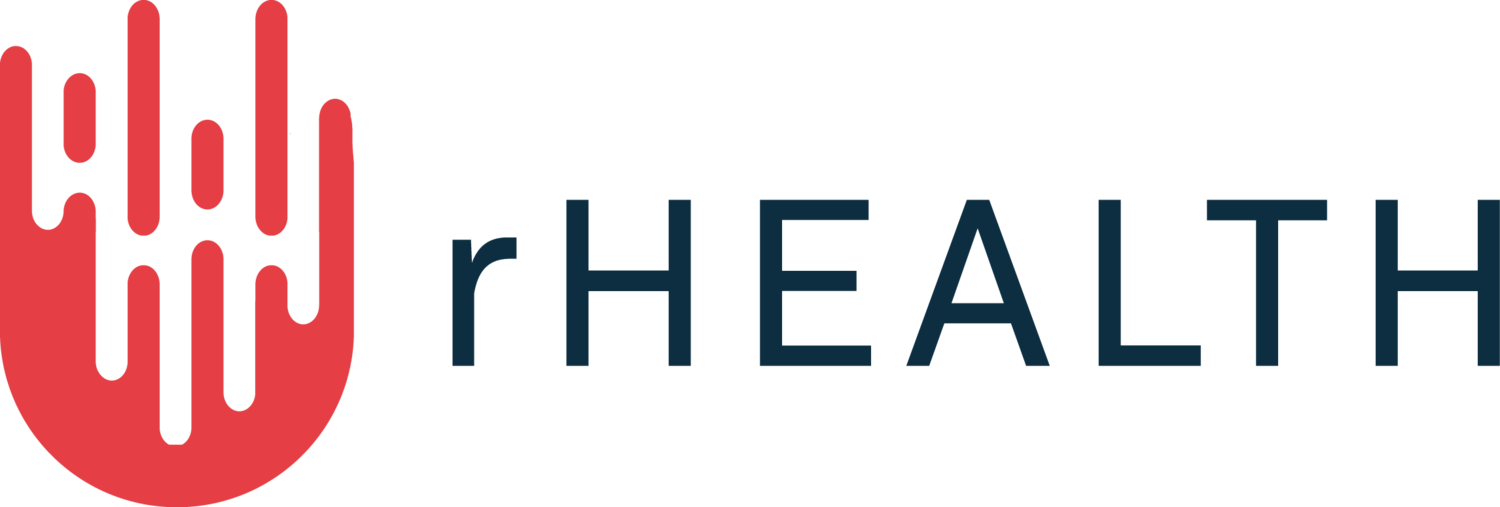The publication shows sophisticated laboratory diagnostics can be implemented successfully in environments previously thought to be too unforgiving and challenging.
Bedford, MA, April 5, 2024. rHEALTH today announced that, in partnership with NASA, that its study of the rHEALTH ONE universal biomedical analyzer on the International Space Station (ISS), was published in Nature Communications. The article, titled, “Single Drop Cytometry Onboard the International Space Station” performs detailed analysis of the data collected by the rHEALTH ONE device.
The study supports the ability to perform real-time lab analysis for astronauts in a microgravity environment, paving the way for human missions to the Moon and Mars. The rHEALTH ONE employs a versatile laboratory technology called flow cytometry in which lasers are utilized to interrogate cells in a single file. This type of technology is generally confined to central laboratories because of their size and weight. The rHEALTH ONE demonstrated equivalent performance to such a benchmark cytometer, but with two-orders of magnitude improvement in each of mass, volume, power, and fluids consumption. This breakthrough in size and performance allowed the rHEALTH ONE to be flown to space.
The rHEALTH ONE successfully measured each and every test sample used to challenge the system in microgravity. For a rigorous study, NASA prepared the samples and blinded them to the developers of the rHEALTH ONE. Each sample was correctly analyzed within minutes. This is in contrast to NASA’s current approach, which requires sending blood samples via a return spacecraft to Earth for analysis at NASA’s Johnson Space Center, a process that takes months and can subject samples to degradation and transportation artifacts. For long-duration space travel, this approach would not be suitable since timely medical diagnostics is a necessity for both routine and emergent medical care.
The rHEALTH ONE is the most powerful biomedical analyzer successfully tested onboard the space station. The published study supports the use of cytometry to analyze small drops of samples in the extreme environment of space, allowing the technology to attain a Technology Readiness Level of 9, the highest possible for a NASA technology. Implications of the study mean that this type of technology can be utilized to provide actionable diagnostics in diverse settings, including at the point-of-care and homes. “We are pleased that in-depth data analysis and rigorous peer-review supports the success of rHEALTH ONE technology demonstration. Astronauts traveling to the Moon and Mars require immediate health information, just like all of us on Earth. This study further supports our mission to bring more powerful diagnostics outside conventional hospital settings,” said Eugene Chan MD, Founder and CEO of rHEALTH.
About rHEALTH
rHEALTH is a company focused on the development and commercialization of its Your Health, AnywhereTM technology The rHEALTH blood sensor is the subject of multiple XPRIZE awards, NASA contracts, over a dozen issued patents, and an on-orbit demonstration. For more information, visit www.rhealth.com.
